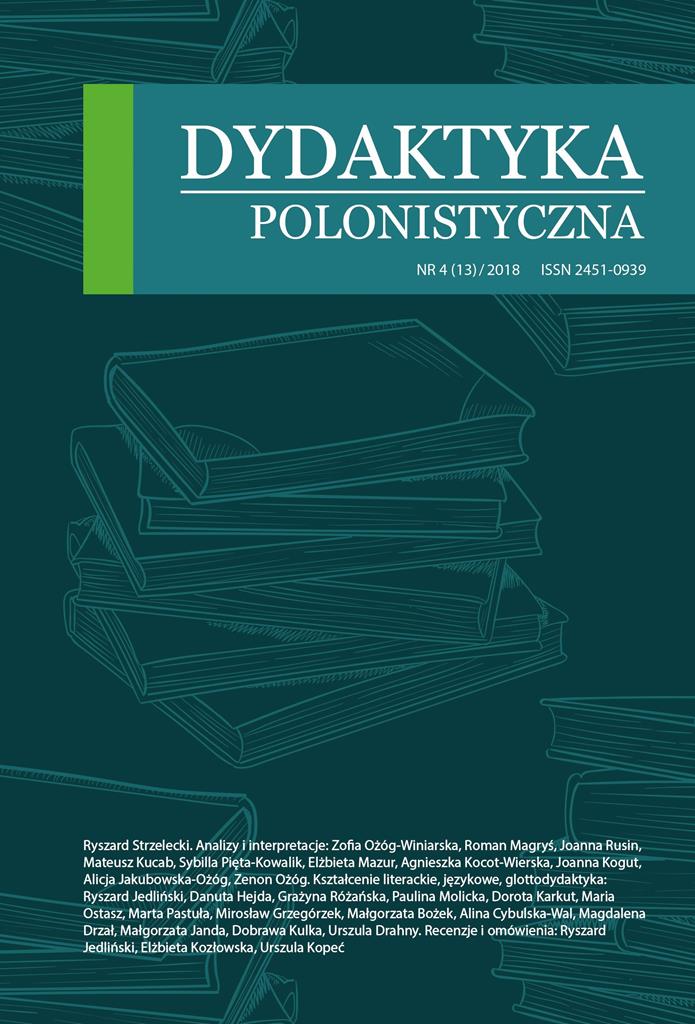Human truth in the contemporary literary studies
DOI:
https://doi.org/10.15584/dyd.pol.13.2018.1Keywords:
person, man, personalism, metaphysics, truth of work, human truth, being, identity, literary studiesAbstract
The article focuses on the truth of a man attested and expressed by a work. It appeals to the theory which announces this objectivist reference of the work to human reality. At the same time, it makes reservations about these theories, which depend on the sense of the work solely on the intentions and interpretative perspective of the researcher. The truth of man in objective theories acquires the fullest interpretation in personalism of contemporary or classical provenance. The first of these – relational and liberalistic – brings the essence of a person to its communion with others, with „you” and with the community. The second – sees this essence in a permanent and irremovable substitutional foundation. It turns out that only the second personalism, based on the metaphysical truth, can stop today’s „inflation” of man. This inflation manifests itself in its supra-personal (in non-human) approach or in the sub-human (sub-human) approach. The first finds support in the negative (apophatic) and non-personal vision of God, which justifies the metaphysical indefiniteness of man. The second one brings the essence of man to his biological background in philosophy and performative theory, and thus questions his personal condition. The opposition between metaphysical personalism and postmodernism defined here confronts man’s truth and its adulteration. The dilemma of humanities depicted here is a manifestation of a wider and fundamental anthropological conflict that permeates contemporary thought and cultural practice. The stake of this conflict is the survival of man – the preservation of his spiritual status and personal dignity.Downloads
Published
2018-12-15
How to Cite
Strzelecki, R. (2018). Human truth in the contemporary literary studies. Dydaktyka Polonistyczna, 13(4), 7–24. https://doi.org/10.15584/dyd.pol.13.2018.1
Issue
Section
Wprowadzenie


